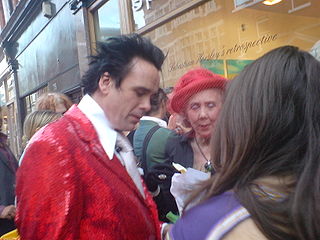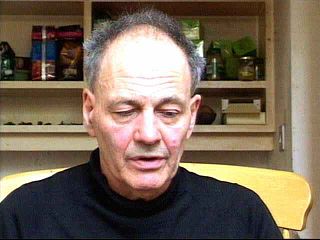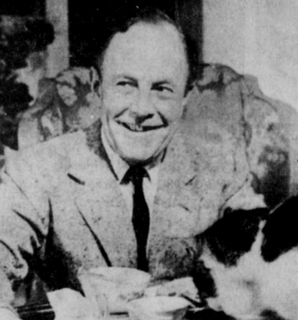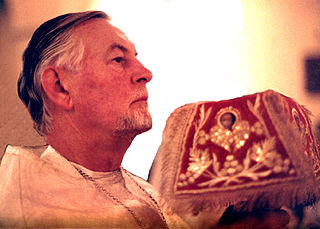A Quote by Michel de Montaigne
I agree that we should work and prolong the functions of life as far as we can, and hope that Death may find me planting my cabbages, but indifferent to him and still more to the unfinished state of my garden.
Related Quotes
And then the spirit brings hope, hope in the strictest Christian sense, hope which is hoping against hope. For an immediate hope exists in every person; it may be more powerfully alive in one person than in another; but in death every hope of this kind dies and turns into hopelessness. Into this night of hopelessness (it is death that we are describing) comes the life-giving spirit and brings hope, the hope of eternity. It is against hope, for there was no longer any hope for that merely natural hope; this hope is therefore a hope contrary to hope.
You may look back on your life and accept it as good or evil. But it is far, far harder to admit that you have been completely unimportant; that in the great sum of things all a man's endless grapplings are no more significant than the scuttlings of a cockroach. The universe is neither friendly nor hostile. It is merely indifferent. This makes me ecstatic. I have reached a nirvana of negativity. I can look futility in the face and still see promise in the stars.
I always believed that my work should be unfinished in the sense that I encourage people to add their creativity to it, either conceptually or physically. Back in the 1960s, I was calling for 'Unfinished Music,' number one, and number two, with my artwork - I was taking unfinished work into the gallery. And that's how I was looking at it.
Who is there today who still cares about a well-finished death? No one. Even the rich, who could after all afford this luxury, are beginning to grow lazy and indifferent; the desire to have a death of one's own is becoming more and more rare. In a short time it will be as rare as a life of one's own.
Centuries of secularism have failed to transform eating into something strictly utilitarian. Food is still treated with reverence...To eat is still something more than to maintain bodily functions. People may not understand what that 'something more' is, but they nonetheless desire to celebrate it. They are still hungry and thirsty for sacramental life.
How could you give me life, and take from me all the inappreciable things that raise it from the state of conscious death? Where are the graces of my soul? Where are the sentiments of my heart? What have you done, oh, Father, What have you done with the garden that should have bloomed once, in this great wilderness here? Said louisa as she touched her heart.







































